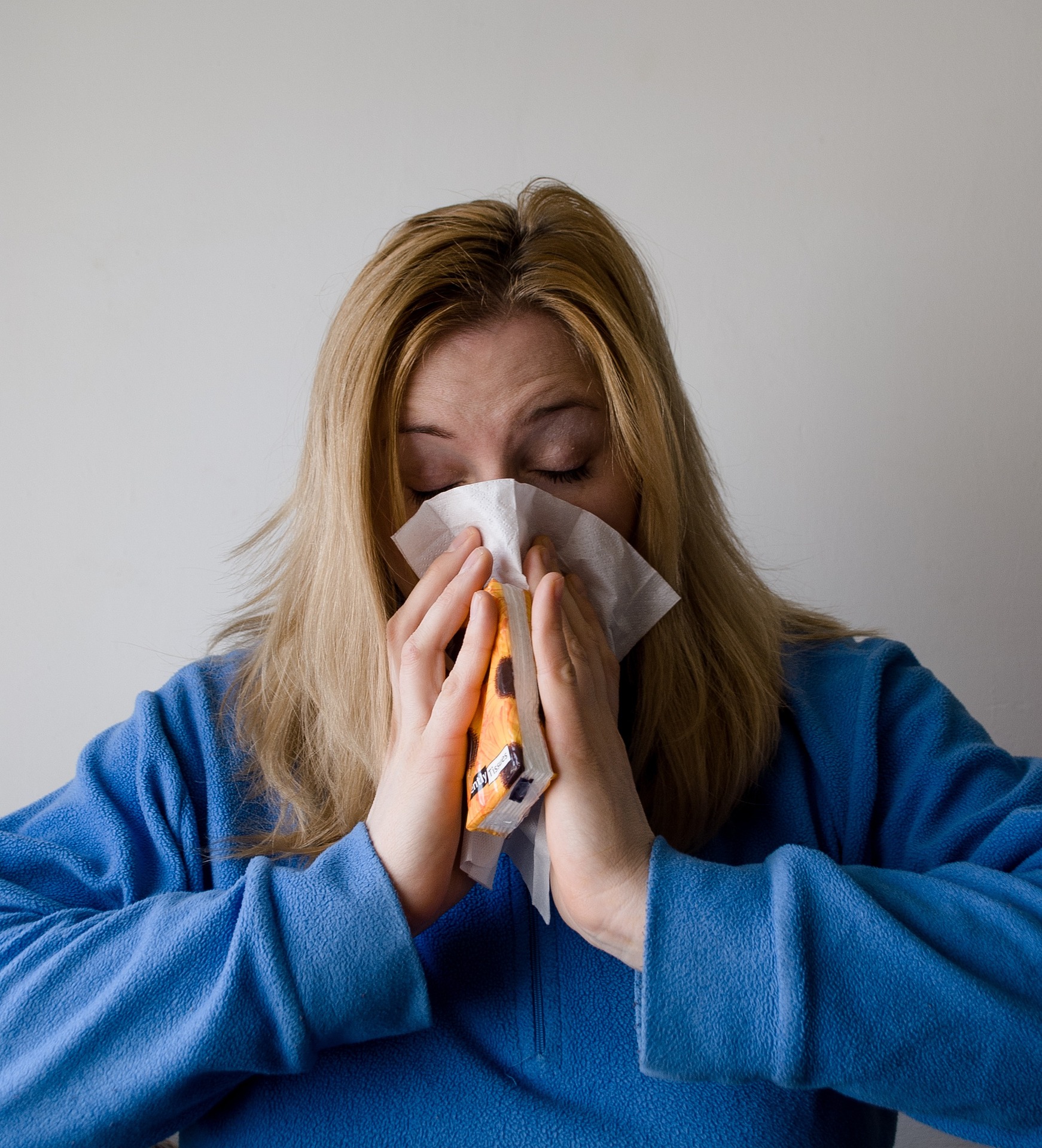While the latest reports are showing that this year’s influenza season has finally peaked, epidemiologists are predicting that the virus will continue to stick around until mid-April. It certainly has been a dangerous influenza season, and most medical professionals are happy to hear that it has peaked. With the Centers for Disease Control reporting 94 pediatric deaths due to influenza complications as of the end of February, it is wise for clinical teachers to take time to reflect on the lessons we can learn – and teach – from this year’s influenza season.
As you are working with your students in the lab and in clinical settings, will you be taking time in your busy curriculum to discuss this year’s deadly influenza season? It could be a wise use of your time to have a roundtable conversation with your students, giving them the chance to learn statistics from this year and how they can keep themselves, as well as their patients, safe.
Review Infection Control Best Practices
This year’s influenza virus caused many hospitals, urgent cares, and physician offices to reevaluate infection control protocols to keep patients and professionals safe. Review infection control practices with your students, as well as discuss what it might look like in different clinical settings during times of high influenza outbreaks.
Review When to Stay Home
Many people who were feeling ill from influenza were transmitting the virus by coming into work or school while they were still contagious. Take time to review safe protocols with your students, especially focusing on healthy choices when they become caregivers in medical agencies. Tackle the tough situations like coming in when you are sick because you know your co-workers are working short staffed. These are wonderful discussion starters that can lead to productive and practical conversations.
Review Vaccine Effectiveness and Myths
This year’s flu vaccine was estimated at 30% effective. Review how the vaccines are made each year, and with what information, as well as how effectiveness is determined. Finally, open a conversation about how to spread reliable information about the vaccine and how to educate patients who believe that the influenza vaccine gives them the flu.
As you are having these conversations and learning opportunities with your students, be sure that your clinical lab is stocked with all the supplies you need to make your time together more interactive. Medical Shipment has everything you need for an interactive and educational classroom.






